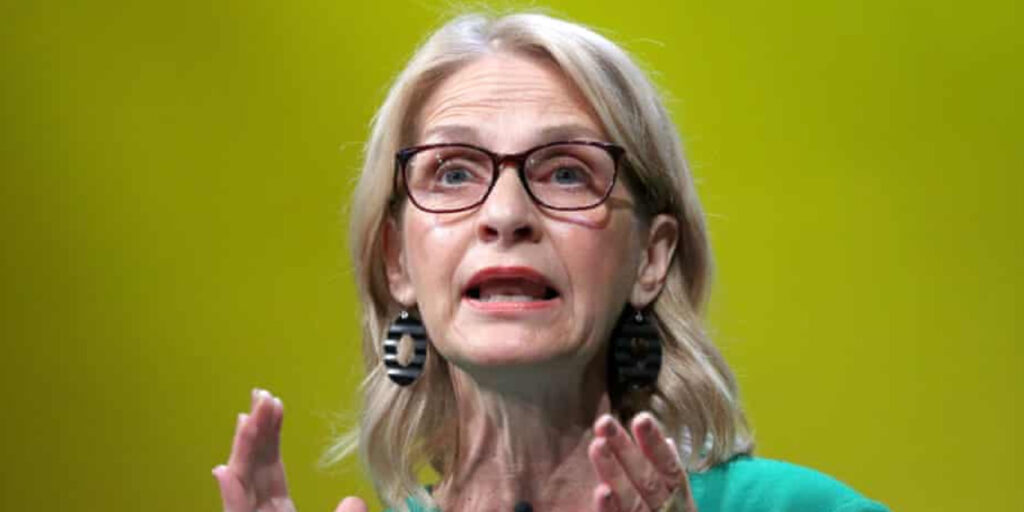A British MP banned from Hong Kong has warned that experience signals a troubling precedent for parliamentarians who speak out against China’s human rights record.
Liberal Democrat MP Wera Hobhouse was refused entry to Hong Kong last Thursday during a personal trip to visit her three-month-old grandson. Hobhouse, who represents Bath, said she was held for several hours at the airport and given no explanation before being placed on a return flight to the UK.
Her husband was allowed to enter the city, where their son—an academic—resides. “I was cooperative and friendly, thinking I’d eventually be let in,” Hobhouse told Sky News. “But at the end of three hours, I was told I was being sent home. No explanation was given. Just ‘We’re sorry, Madam. We understand.’”
MP Alleges Secret Political Blacklist
Hobhouse believes her treatment was politically motivated, citing her membership in the Inter-Parliamentary Alliance on China (Ipac)—a global network of lawmakers scrutinising Beijing’s human rights policies. She fears she is on a “hidden blacklist” maintained by Chinese authorities.
“This should be a wake-up call for any parliamentarian,” she said. “I had no warning. It seems that anyone who defends freedom, democracy, or human rights is at risk of being targeted by China.”
Ipac has frequently criticised the Chinese Communist Party’s suppression of free speech and the erosion of civil liberties in Hong Kong. Other British MPs, including Iain Duncan Smith and Nusrat Ghani, have previously been publicly banned by China, also due to their affiliation with Ipac.
UK Government Raises Concerns with Beijing
Treasury minister James Murray confirmed that Trade Minister Douglas Alexander, currently visiting China, has raised Hobhouse’s case with Chinese authorities.
“We are very concerned,” Murray said. “We need to find out exactly what happened. It would not be right to prevent a British MP from entering another country purely based on what they’ve said as a parliamentarian.”
The Foreign Office has yet to receive a formal explanation from Beijing.
Personal Impact of Political Retaliation
Hobhouse expressed sadness over missing the opportunity to meet her grandson. “There are worse tragedies in the world, but I am sad,” she said.
While she acknowledged that others have been more vocal in their criticism of China, she stressed that her rejection illustrates how Beijing’s retaliation extends beyond high-profile figures.
As tensions between the UK and China continue to simmer over human rights, the case underscores growing fears of covert blacklists used to silence international criticism of the Chinese regime.


